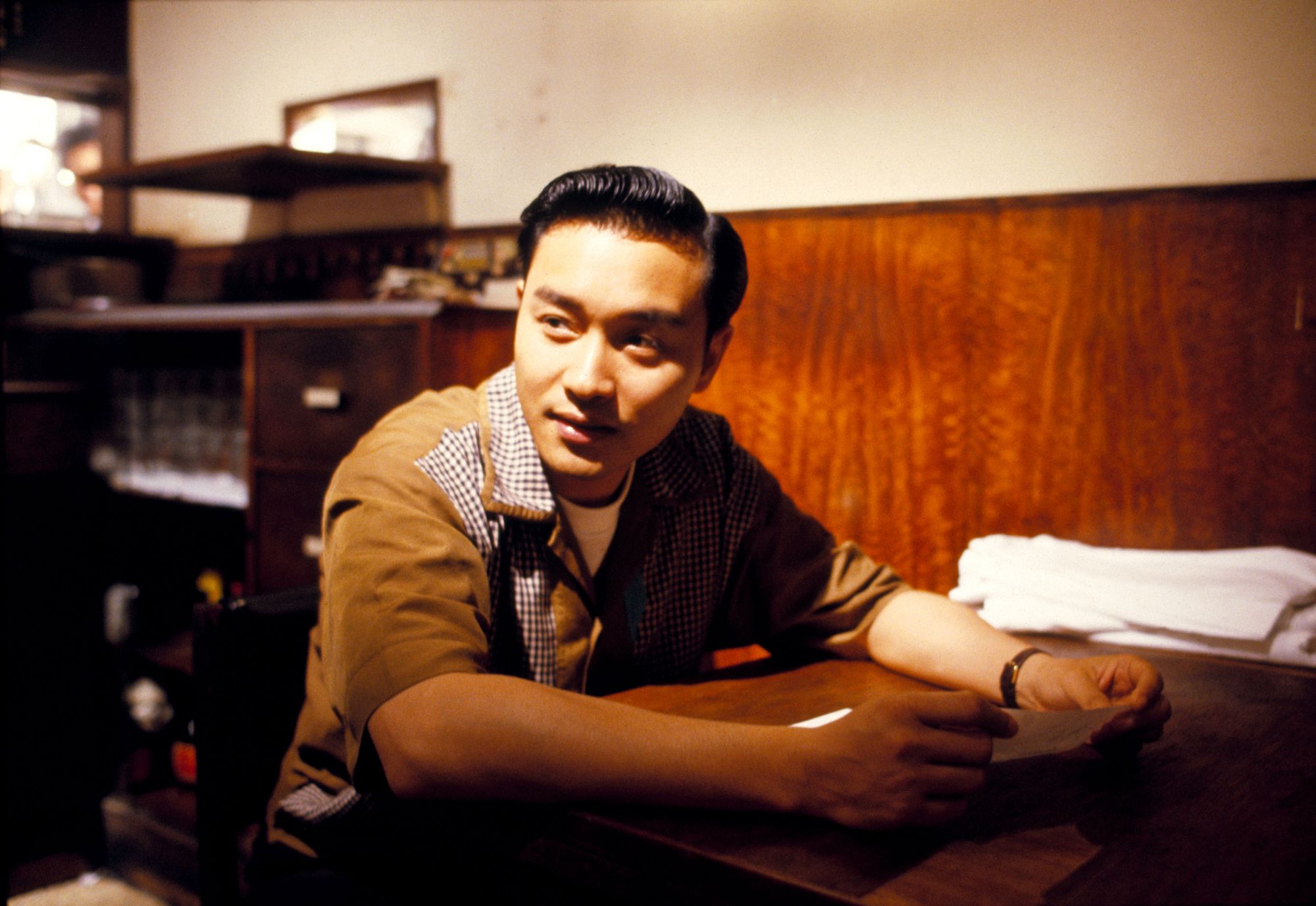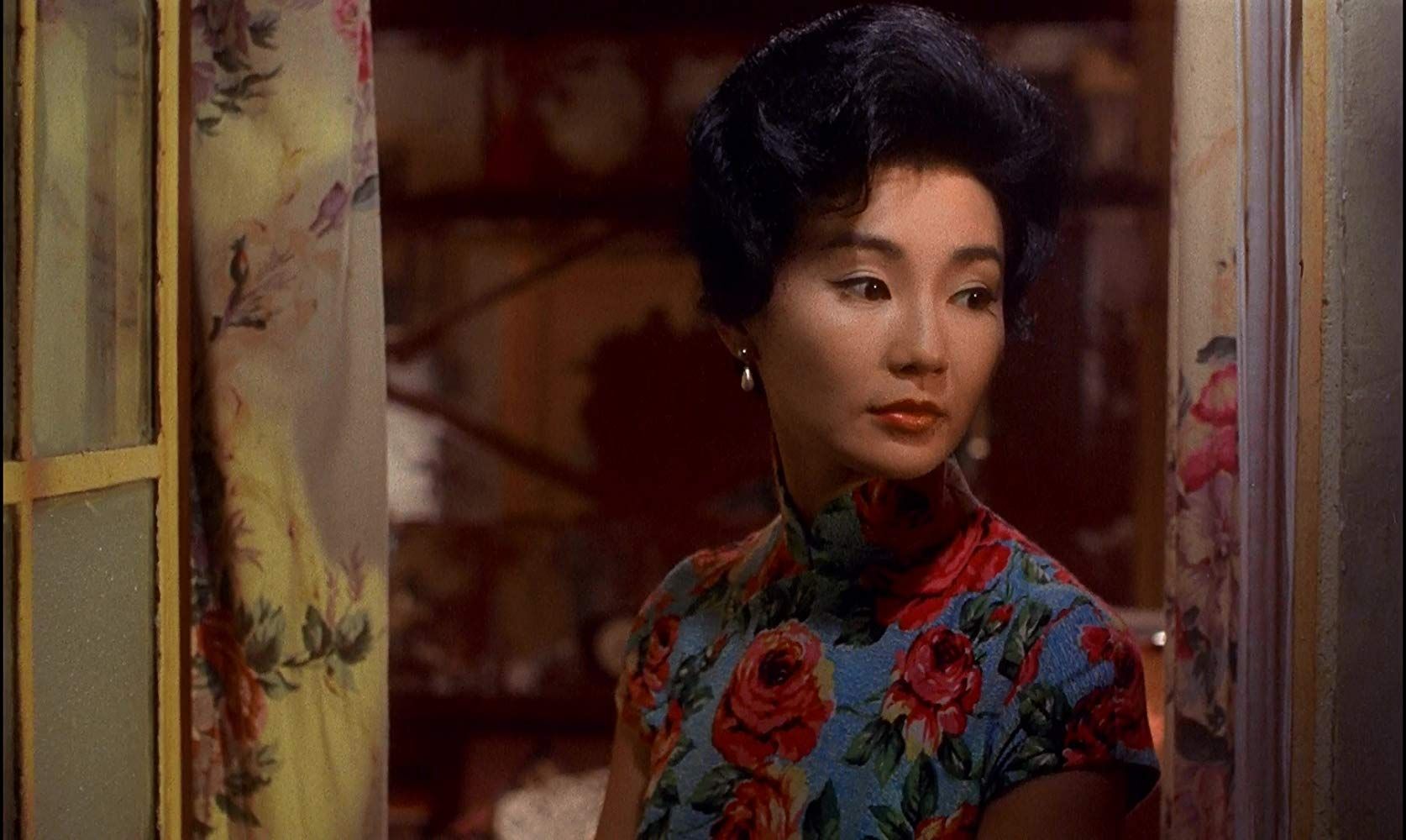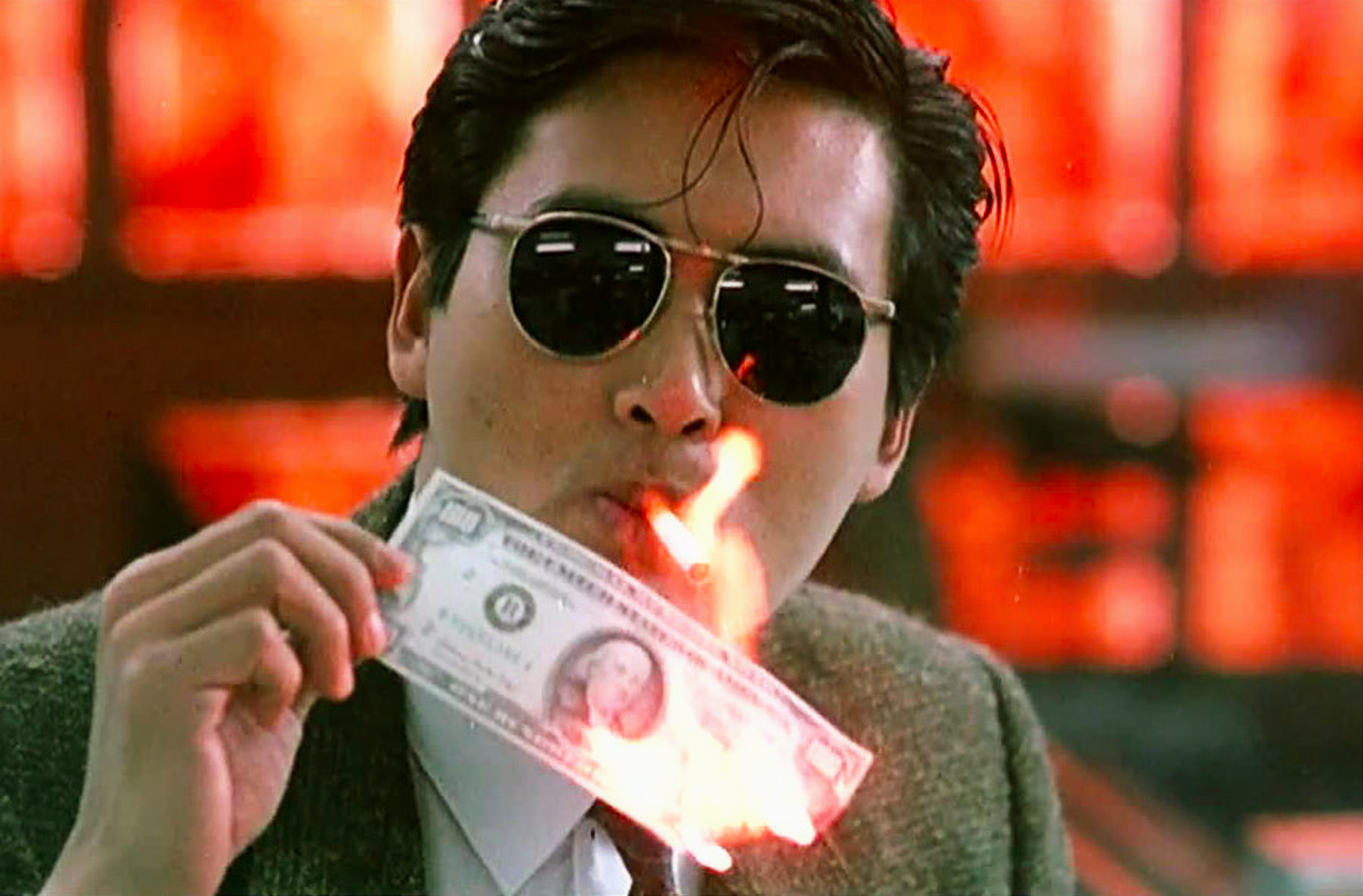You can’t call yourself a local without knowing these iconic and talented actors, who give their finest performances in some of the most classic Hong Kong films
With its unique fusion of East and West cultures, bustling neon lights-filled streets and stunning vistas of gleaming skyscrapers, it’s no surprise that our beloved city has been providing a perfect backdrop for countless blockbusters. The early 90s was a golden age for the local film industry, where Hong Kong was once crowned the “Hollywood of the East”, one of Asia’s most prominent movie hubs.
Of course, Hong Kong’s rich cinematic heritage is unquestioned and it remains influential nowadays. The city has been home to a myriad of gifted actors and filmmakers who truly deserve our attention and respect. Here, we’ve put together a list of the most influential Hong Kong actors in history, and some of the must-watch local films that will make you fall in love with this city all over again.
Anita Mui

Major works: Behind the Yellow Line (1984), Rouge (1988), Who's the Woman, Who's the Man (1996), Wu Yen (2001), July Rhapsody (2002)
Singing, dancing, acting—is there anything Anita Mui can’t do? People have been calling Mui the “Madonna of Asia” since her debut, and we couldn’t agree more. At just 18 years old, Mui won the first place in TVB’s New Talent Singing Awards with her unique contralto vocals in 1982, and there began her singing career. Mui quickly became one of the most prominent figures on the local music scene, winning awards and releasing chart-topping hits—but her success wasn't limited to music.
Mui had played several memorable characters in romance, comedic and action pieces during her career, and her acting talent was recognised by receiving various awards—including the Best Supporting Actress at the Hong Kong Film Awards 1985 for her role in Behind the Yellow Line, and Golden Horse’s Best Actress award with her performance in Rouge in 1988.
Unfortunately, Mui succumbed to cervical cancer at the age of forty in 2004. It has been over a decade since we lost the legend, but Mui will always be remembered for her powerful stage presence and contributions towards Hong Kong’s entertainment industry.
Watch the official trailer for Rouge (1988) below:







